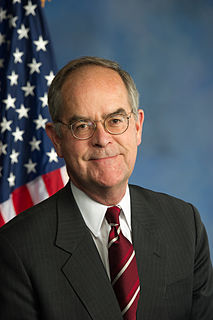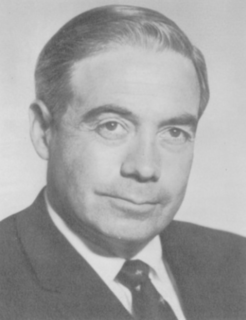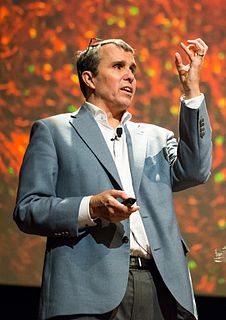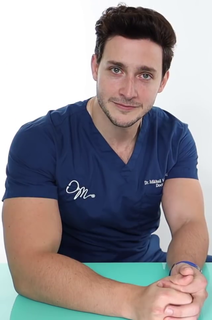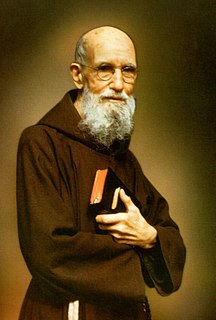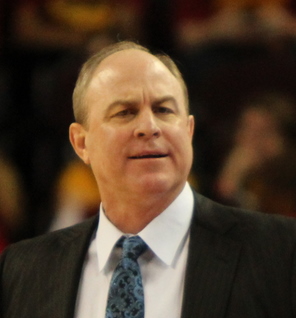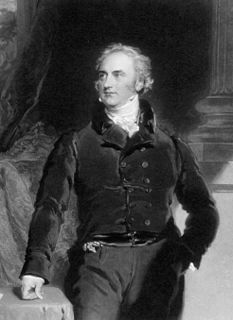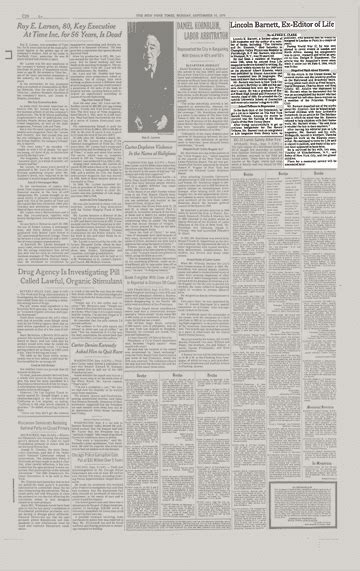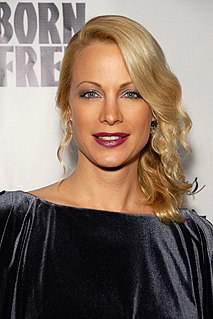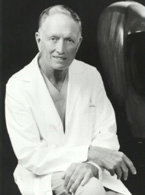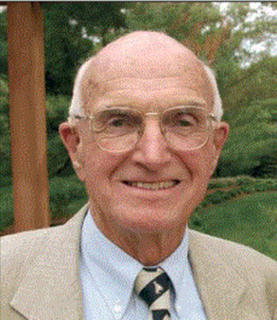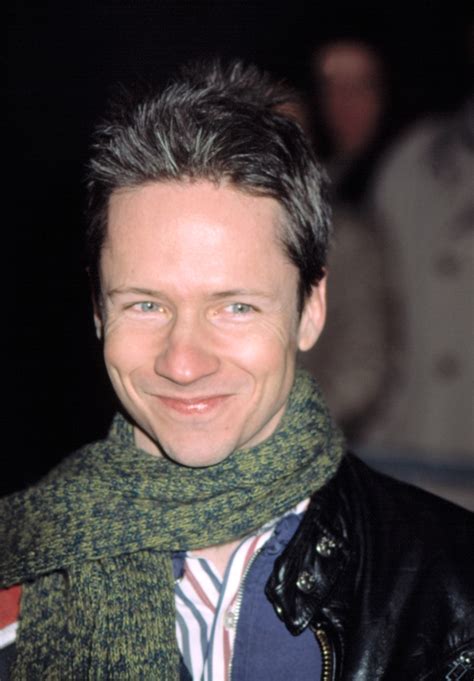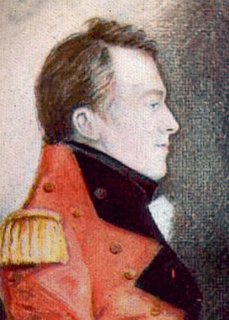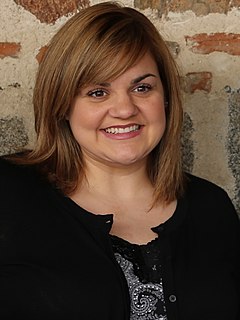Top 1200 Medical Science Quotes & Sayings - Page 3
Explore popular Medical Science quotes.
Last updated on April 19, 2025.
There may perhaps be a new generation of doctors horrified by lacerations, infections, women who have douched with kitchen cleanser. What an irony it would be if fanatics continued to kill and yet it was the apathy and silence of the medical profession that most wounded the ability to provide what is, after all, a medical procedure.
In a word, I consider hospitals only as the entrance to scientific medicine; they are the first field of observation which a physician enters; but the true sanctuary of medical science is a laboratory; only there can he seek explanations of life in the normal and pathological states by means of experimental analysis.
We are living in a society that is totally dependent on science and high technology, and yet most of us are effectively alienated and excluded from its workings, from the values of science, the methods of science, and the language of science. A good place to start would be for as many of us as possible to begin to understand the decision-making and the basis for those decisions, and to act independently and not be manipulated into thinking one thing or another, but to learn how to think. That's what science does.
The Internet ethos of diversity and competition runs exactly counter to uniform, gatekeeper-oriented medical culture - the technocratic philosophy of the 'one best way' embodied in our pharmaceutical regulations. On the Net, medical information is abundant, and pharmacies, domestic and foreign, operate on many different models.
I was not a person who you would find on social media traditionally, but when I was introduced to Instagram, I saw it as a way to show other medical students on their journey that you don't have to give up your life to study medicine. The stigma that you can't have a life in medical school was a fallacy, and I was the living proof of that.
When people think science and cooking, they have no idea that it's not correctly expressed. We're actually applying the scientific method. People think chemistry and physics are science, but the scientific method is something else.... It's the science that the world of cooking generates: science of butter; science of the croissant.
The efforts of the medical profession in the US to control:...its...job it proposes to monopolize. It has been carrying on a vigorous campaign all over the country against new methods and schools of healing because it wants the business...I have watched this medical profession for a long time and it bears watching.
As a physician I have sympathy for patients suffering from pain and other medical conditions. Although I understand many believe marijuana is the most effective drug in combating their medical ailments, I would caution against this assumption due to the lack of consistent, repeatable scientific data available to prove marijuana's benefits. Based on current evidence, I believe that marijuana is a dangerous drug and that there are less dangerous medicines offering the same relief from pain and other medical symptoms.
The medical profession [in Egypt] is also very commercial. Health is not given to the poor. You know, if you have money, you have medical care; if you do not, then you are in trouble. I was not ready at all to build my economic security on the diseases of people, on suffering, especially of women and children. So, in a way, I rebelled against it.
Following bio-medical treatment - which is basically changing the diet, giving vitamins and supplements and detoxing the body from metals or candida - and he recovered. And the reason the medical community has such a hard time with this is because we are treating and healing a vaccine injury ... this is truly a revolution.
The second half of the 20th century was a golden age of molecular biology, and it was one of the golden ages of the history of science. Molecular biology was so successful and made such a powerful alliance with the medical scientists that the two together just flourished. And they continue to flourish.
Social Science, is not a 'gay science' but rueful, which finds the secret of this universe in 'supply and demand' and reduces the duty of human governors to that of letting men alone. Not a 'gay science', no, a dreary, desolate, and indeed quite abject and distressing one; what we might call, the dismal science
A lot of the medical imagery has to do with my own biography. I had open heart surgery, I had knee replacements, I had a hiatal hernia, etc. Every time you go for surgery, you get a whole spectrum of imaging. Of course, I've been doing research in imaging technology across the board for close to twenty years. When you think about it, medical imaging is actually quite new. The first major medical image was the x-ray in 1895. That was the first time you got imaging of anything that's in the bodily interior.
All Science is necessarily prophetic, so truly so, that the power of prophecy is the test, the infallible criterion, by which any presumed Science is ascertained to be actually & verily science. The Ptolemaic Astronomy was barely able to prognosticate a lunar eclipse; with Kepler and Newton came Science and Prophecy.
I tell [medical students] that they are the luckiest persons on earth to be in medical school, and to forget all this worry about H.M.O.'s and keep your eye on helping the patient. It's the best time ever to be a doctor because you can heal and treat conditions that were untreatable even a couple of years ago.
When I was a young girl, I was so crazy about animals that I wanted to do something associated with them, and I thought of being a vet. But then again, I figured I had to go to medical school, and science wasn't a good subject for me, so I dropped the idea pretty soon and thought maybe I could be a vet's assistant.
Science fiction is fantasy about issues of science. Science fiction is a subset of fantasy. Fantasy predated it by several millennia. The '30s to the '50s were the golden age of science fiction - this was because, to a large degree, it was at this point that technology and science had exposed its potential without revealing the limitations.
Harriet Washington, in 'Medical Apartheid: The Dark History of Medical Experimentation on Black Americans from Colonial Times to the Present,' documents the smallpox experiments Thomas Jefferson performed on his Monticello slaves. In fact, much of what we now think of as public health emerged from the slave system.



